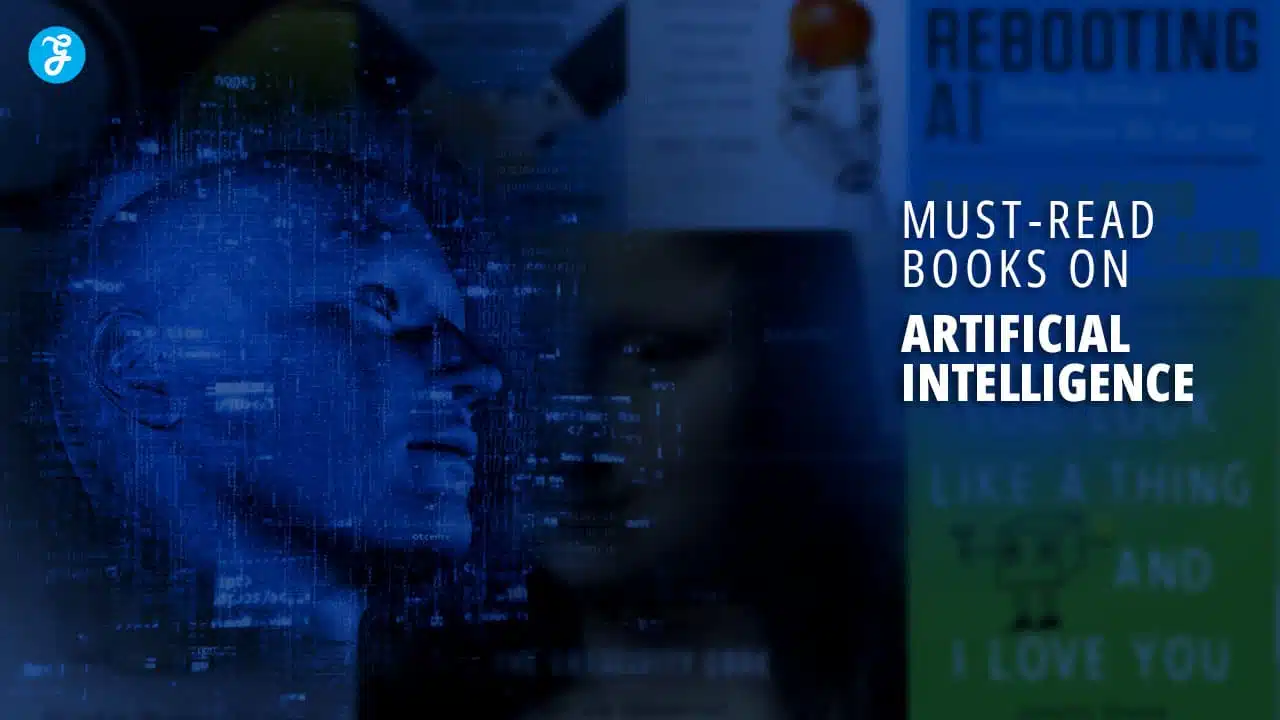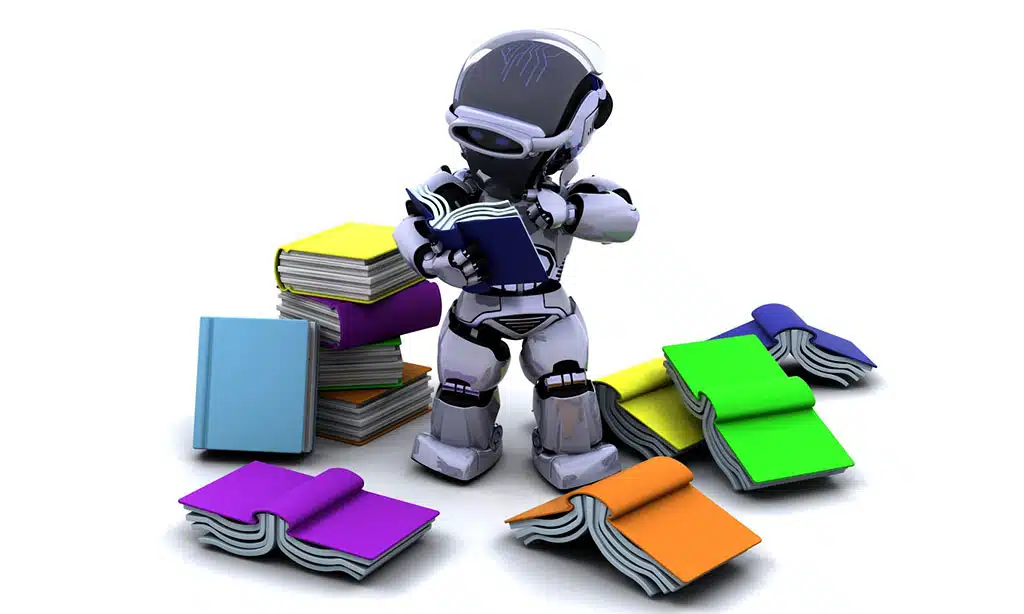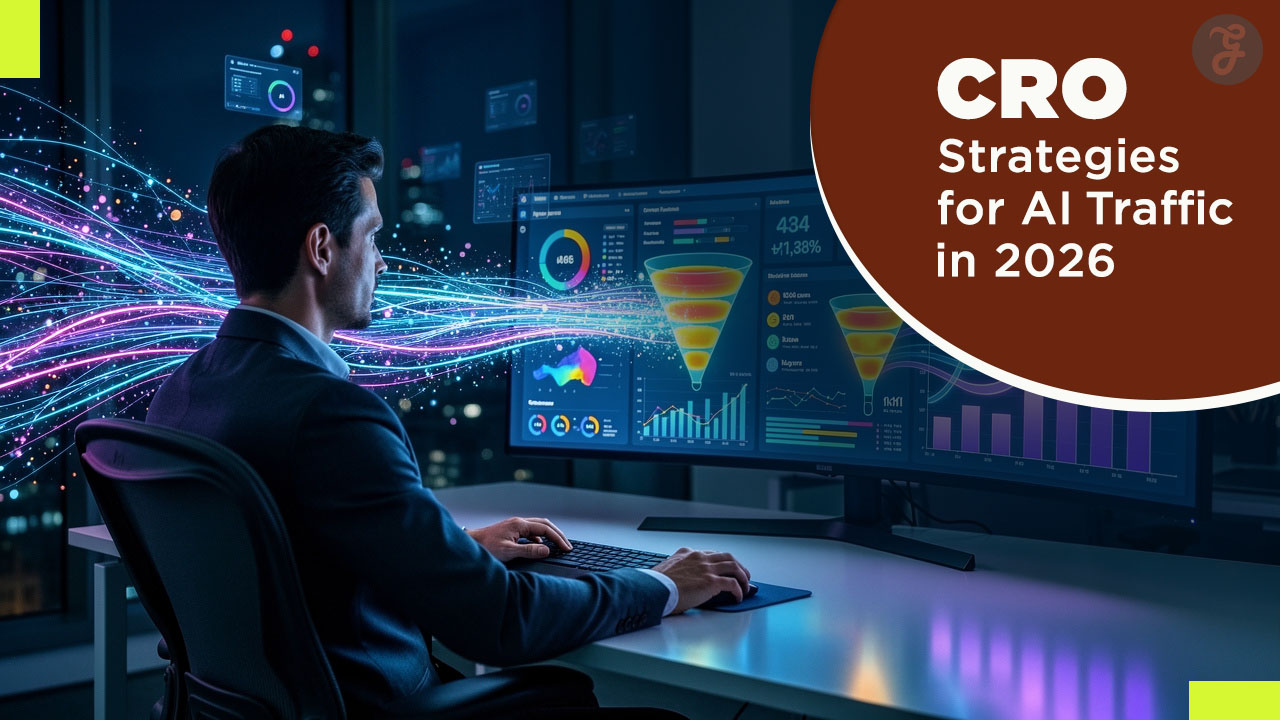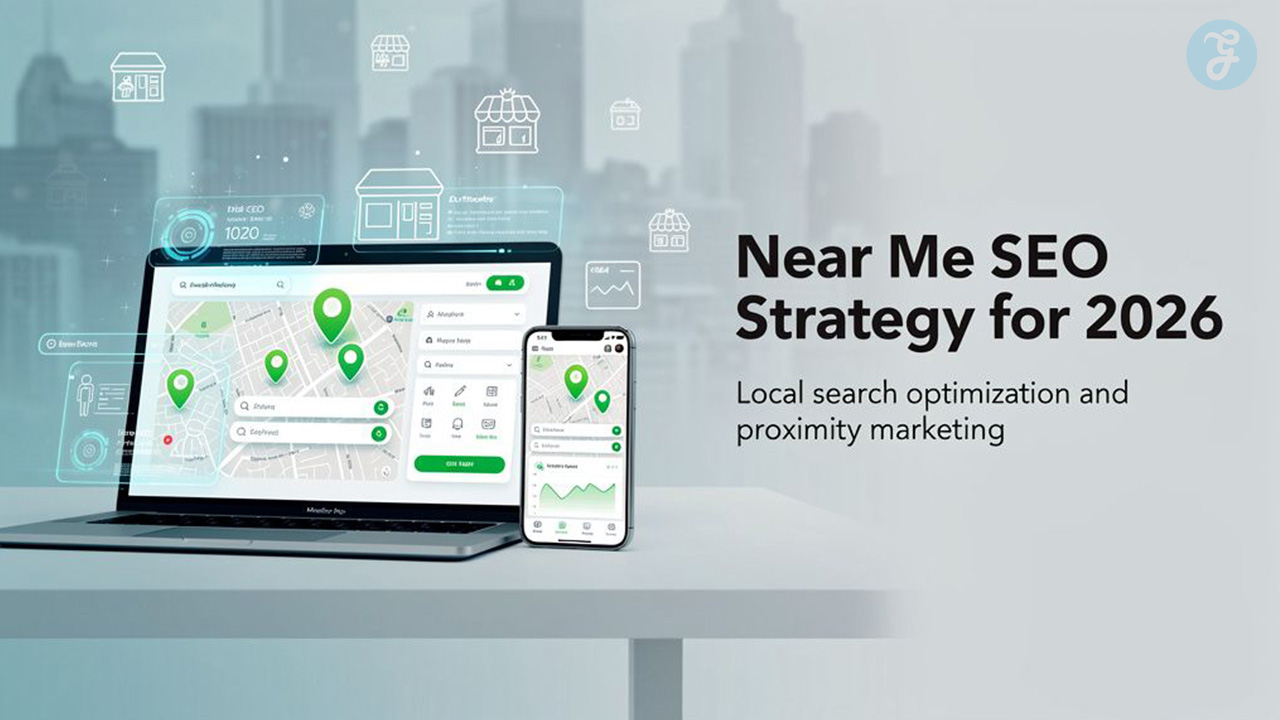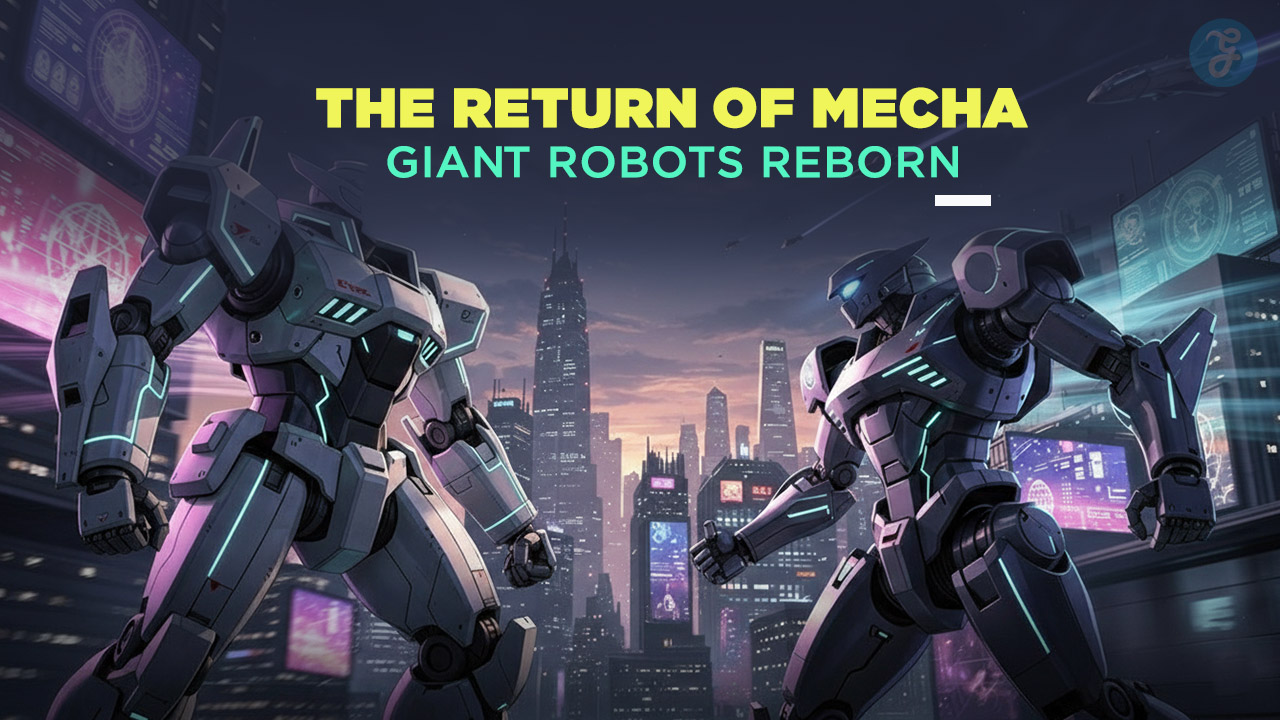The field of Artificial Intelligence has come a long way since its inception in the 1950s. Today, AI technologies are integrated into various aspects of our daily lives, from virtual assistants like Siri and Alexa to recommendation systems on streaming platforms and e-commerce websites. As AI continues to advance, it’s essential to understand its fundamentals, applications, and ethical implications.
This article presents a curated list of 25 must-read books on Artificial Intelligence. These books cover a wide range of topics, from introductory concepts to advanced techniques, and explore the social, economic, and philosophical implications of AI. Whether you’re a beginner looking to grasp the basics or an expert seeking to deepen your knowledge, you’ll find valuable resources in this list.
The Top 25 AI Books
Artificial Intelligence (AI) is reshaping our world, from how we work and communicate to how we solve complex problems. As this technology continues to evolve, it’s crucial to stay informed about its potential and challenges. Whether you’re a tech enthusiast, a professional looking to upskill, or simply curious about AI, these 25 must-read books will provide you with valuable insights into this transformative field.
1. “Artificial Intelligence: A Modern Approach” by Stuart Russell and Peter Norvig
Considered the “AI bible” by many, this comprehensive textbook provides a thorough introduction to the theory and practice of artificial intelligence. Now in its fourth edition, it covers everything from basic concepts to cutting-edge topics like deep learning and robotics. The book is widely used in university courses and is an essential reference for AI professionals. It offers a solid foundation in AI concepts and techniques, making it an ideal starting point for anyone serious about understanding the field. Its comprehensive coverage and clear explanations make it valuable for both students and practitioners.
2. “Human Compatible: Artificial Intelligence and the Problem of Control” by Stuart Russell
In this thought-provoking book, Stuart Russell, co-author of “Artificial Intelligence: A Modern Approach,” delves into the potential risks associated with advanced AI systems. He argues for a new approach to AI development that prioritizes human values and explores ways to ensure that AI remains beneficial to humanity. This book offers a critical perspective on the future of AI, addressing important ethical and safety concerns. It’s essential reading for anyone interested in the long-term implications of AI development.
3. “Deep Learning” by Ian Goodfellow, Yoshua Bengio, and Aaron Courville
Written by leading experts in the field, “Deep Learning” provides a comprehensive introduction to one of the most important and rapidly evolving areas of machine learning. The book covers both the theoretical foundations and practical applications of deep learning techniques. Deep learning is at the forefront of many AI breakthroughs, from computer vision to natural language processing. This book offers a thorough understanding of the underlying principles and techniques, making it invaluable for researchers and practitioners alike.
4. “The Master Algorithm: How the Quest for the Ultimate Learning Machine Will Remake Our World” by Pedro Domingos
In this accessible book, Pedro Domingos explores the concept of a universal learning algorithm – a single algorithm that could learn anything from data. He discusses five main approaches to machine learning and their potential to create this “master algorithm.” This book provides an engaging overview of different machine learning approaches, making it an excellent introduction for non-technical readers while still offering valuable insights for those with a technical background.
5. “Life 3.0: Being Human in the Age of Artificial Intelligence” by Max Tegmark
MIT professor Max Tegmark explores the potential future scenarios of AI development and their implications for humanity. He discusses topics such as AI safety, consciousness, and the long-term future of intelligence in the universe. This book offers a thought-provoking look at the long-term implications of AI, encouraging readers to consider both the opportunities and challenges that lie ahead.
6. “Superintelligence: Paths, Dangers, Strategies” by Nick Bostrom
Oxford philosopher Nick Bostrom takes a deep dive into the potential consequences of creating artificial intelligence that surpasses human intelligence. He explores various scenarios and discusses strategies for ensuring that superintelligent AI aligns with human values. The book raises important questions about the future of humanity and our relationship with advanced AI systems.
7. “The Hundred-Page Machine Learning Book” by Andriy Burkov
This concise yet comprehensive book offers a practical introduction to machine learning concepts and techniques. Despite its brevity, it covers a wide range of topics, from basic algorithms to more advanced concepts like deep learning and reinforcement learning. It’s an excellent resource for those looking to quickly grasp the essentials of machine learning without getting bogged down in excessive technical details.
8. “AI Superpowers: China, Silicon Valley, and the New World Order” by Kai-Fu Lee
Former Google China president Kai-Fu Lee provides an insider’s perspective on the AI race between China and the United States. He discusses the strengths and weaknesses of each country’s approach to AI development and explores the potential economic and social impacts of AI on a global scale. This book offers valuable insights into the geopolitical aspects of AI and its potential to reshape industries and societies.
9. “Weapons of Math Destruction: How Big Data Increases Inequality and Threatens Democracy” by Cathy O’Neil
Data scientist Cathy O’Neil examines the dark side of big data and machine learning algorithms. She argues that many of the algorithms used in various sectors, from education to criminal justice, can reinforce bias and increase inequality. This book raises important questions about the ethical implications of AI and big data, encouraging readers to think critically about the role of algorithms in society.
10. “The Book of Why: The New Science of Cause and Effect” by Judea Pearl and Dana Mackenzie
Judea Pearl, a pioneer in the field of artificial intelligence, explores the science of causality and its implications for AI. He argues that understanding cause and effect is crucial for creating truly intelligent systems. This book offers a new perspective on the limitations of current AI systems and suggests ways to move beyond mere correlation to true causal reasoning.
11. “Rebooting AI: Building Artificial Intelligence We Can Trust” by Gary Marcus and Ernest Davis
Gary Marcus and Ernest Davis offer a critical assessment of the current state of AI and argue for a more robust approach to developing intelligent systems. They highlight the limitations of deep learning and propose combining it with symbolic AI to create more reliable and trustworthy AI systems. This book provides valuable insights into the challenges facing AI development and potential paths forward.
12. “The Alignment Problem: Machine Learning and Human Values” by Brian Christian
Brian Christian explores one of the most pressing challenges in AI development: how to ensure that AI systems align with human values and intentions. He delves into the technical, philosophical, and ethical aspects of this problem, offering a thoughtful examination of the complexities involved in creating beneficial AI. This book is essential for understanding the nuanced challenges of AI alignment.
13. “AI Ethics” by Mark Coeckelbergh
Mark Coeckelbergh provides a comprehensive overview of the ethical issues surrounding artificial intelligence. He covers topics such as privacy, bias, transparency, and the potential impact of AI on employment and human relationships. This book offers a balanced and accessible introduction to the ethical considerations that should guide AI development and deployment.
14. “The Age of AI: And Our Human Future” by Henry A. Kissinger, Eric Schmidt, and Daniel Huttenlocher
This collaborative work brings together perspectives from diplomacy, technology, and academia to explore how AI is reshaping our world. The authors discuss the potential impacts of AI on global politics, economics, and society, offering insights into how we can navigate the challenges and opportunities presented by this transformative technology.
15. “Machine Learning for Absolute Beginners” by Oliver Theobald
Oliver Theobald’s book provides a gentle introduction to machine learning concepts for those with no prior experience in the field. Using clear explanations and practical examples, he guides readers through the basics of machine learning algorithms and their applications. This book is an excellent starting point for anyone looking to understand the fundamentals of AI and machine learning.
16. “The Singularity Is Near: When Humans Transcend Biology” by Ray Kurzweil
Futurist Ray Kurzweil presents his vision of a future where artificial intelligence surpasses human intelligence, leading to a technological singularity. He explores the potential implications of this event on human society, biology, and consciousness. While some of Kurzweil’s predictions are controversial, this book offers a thought-provoking look at the potential long-term future of AI and humanity.
17. “Artificial Intelligence: 101 Things You Must Know Today About Our Future” by Lasse Rouhiainen
Lasse Rouhiainen provides a broad overview of how AI is impacting various aspects of our lives and society. Covering topics from healthcare and education to business and entertainment, this book offers practical insights into the current and potential future applications of AI. It’s a useful resource for understanding the wide-ranging implications of AI technology.
18. “The Big Nine: How the Tech Titans and Their Thinking Machines Could Warp Humanity” by Amy Webb
Futurist Amy Webb examines the nine big tech companies (six in the U.S. and three in China) that are shaping the future of artificial intelligence. She explores the potential consequences of having AI development concentrated in the hands of a few powerful corporations and offers recommendations for ensuring that AI benefits humanity as a whole.
19. “The Fourth Age: Smart Robots, Conscious Computers, and the Future of Humanity” by Byron Reese
Byron Reese takes readers on a journey through the history of human civilization, framing the development of AI as the dawn of a fourth age of human progress. He explores questions about consciousness, intelligence, and the potential futures that AI might bring about. This book offers a broader perspective on AI within the context of human history and potential.
20. “Artificial Intelligence and Machine Learning for Business: A No-Nonsense Guide to Data Driven Technologies” by Steven Finlay
Steven Finlay provides a practical guide to understanding and implementing AI and machine learning in a business context. He explains key concepts and techniques without heavy technical jargon, making it accessible to business professionals who want to leverage AI in their organizations. This book is valuable for those looking to understand the practical applications of AI in business.
21. “Architects of Intelligence: The Truth About AI from the People Building It” by Martin Ford
Martin Ford presents a series of in-depth interviews with 23 of the most prominent figures in AI development, including researchers, entrepreneurs, and thought leaders. These conversations offer diverse perspectives on the current state and future directions of AI, providing readers with insights directly from those at the forefront of the field.
22. “AI Superpowers: China, Silicon Valley, and the New World Order” by Kai-Fu Lee
Kai-Fu Lee, a prominent AI expert and venture capitalist, provides an insightful comparison of AI development in China and the United States. He explores the unique strengths of each country’s approach and discusses the potential global impacts of the AI revolution on job markets, economic structures, and geopolitics.
23. “Human + Machine: Reimagining Work in the Age of AI” by Paul R. Daugherty and H. James Wilson
Accenture executives Paul Daugherty and James Wilson explore how AI is transforming the workplace. They argue that the most significant impact will come from humans and machines working together, rather than AI simply replacing human workers. This book offers valuable insights for business leaders and professionals looking to adapt to an AI-driven future.
24. “The Ethical Algorithm: The Science of Socially Aware Algorithm Design” by Michael Kearns and Aaron Roth
Computer scientists Michael Kearns and Aaron Roth delve into the challenge of creating algorithms that are not only efficient but also fair, transparent, and accountable. They explore techniques for addressing issues like privacy, fairness, and explainability in AI systems. This book is crucial for understanding the technical aspects of ethical AI development.
25. “AI 2041: Ten Visions for Our Future” by Kai-Fu Lee and Chen Qiufan
In this unique collaboration, AI expert Kai-Fu Lee and science fiction author Chen Qiufan present ten short stories set in 2041, each exploring a different aspect of how AI might shape our future. Following each story, Lee provides analysis of the technologies involved and their potential real-world implications. This creative approach offers an engaging way to explore both the possibilities and challenges of future AI technologies.
Takeaway
These 25 books offer a comprehensive overview of the field of Artificial Intelligence, covering everything from technical foundations to ethical considerations and potential future scenarios. Whether you’re a student, professional, or simply curious about AI, these books provide valuable insights into one of the most transformative technologies of our time.
As AI continues to evolve and impact various aspects of our lives, staying informed about its development, applications, and implications is crucial. These books will help you navigate the complex landscape of AI, offering diverse perspectives and expert knowledge to guide your understanding of this rapidly advancing field.
Remember, the field of AI is continually evolving, so it’s a good idea to supplement your reading with current research papers, articles, and reputable online resources to stay up-to-date with the latest developments in this exciting and important field.


